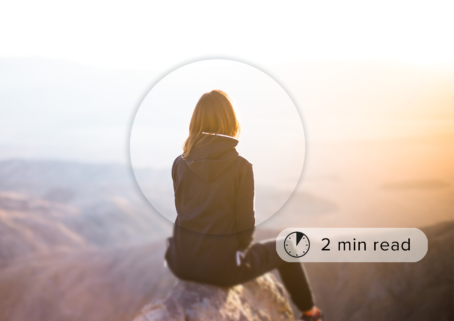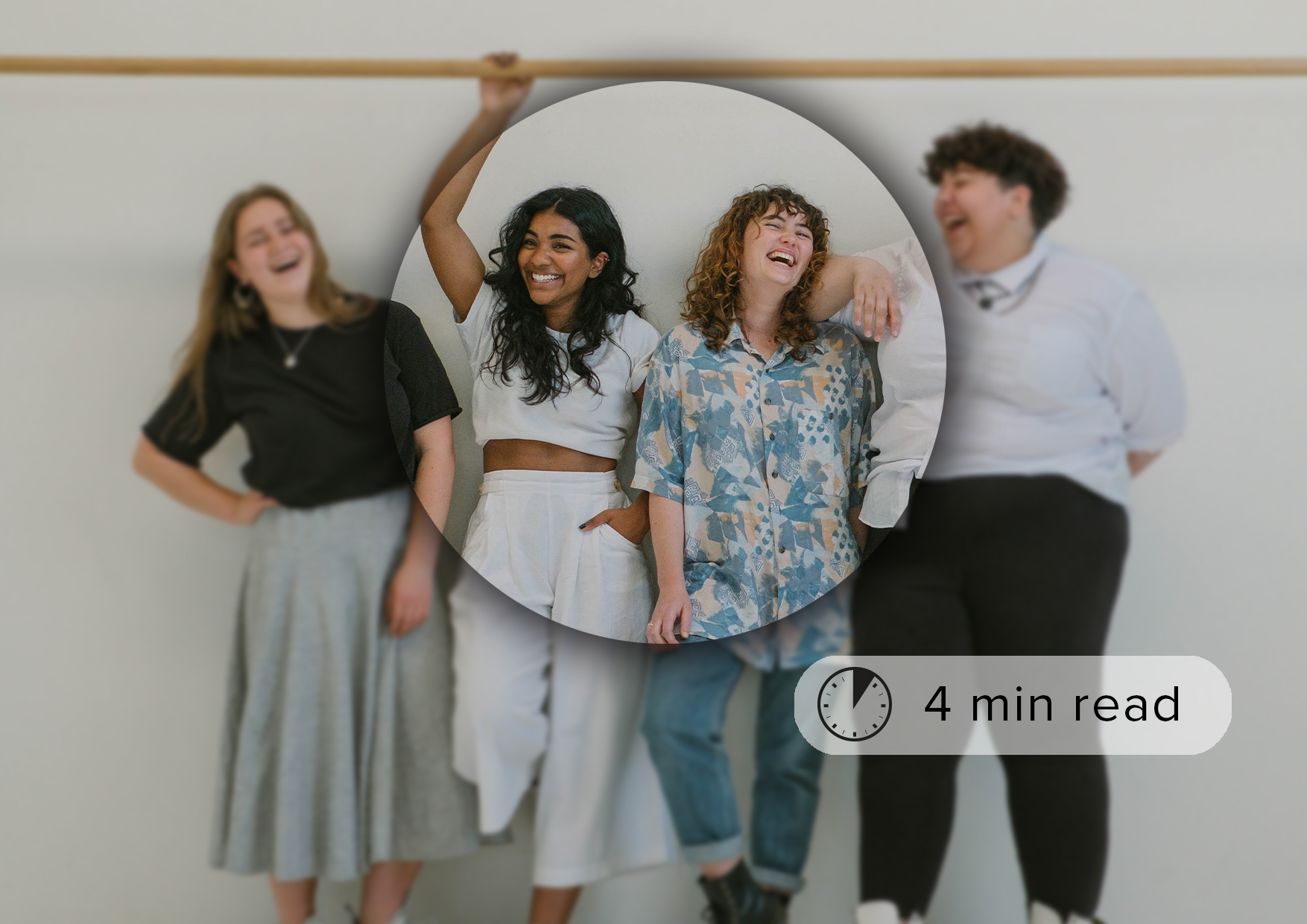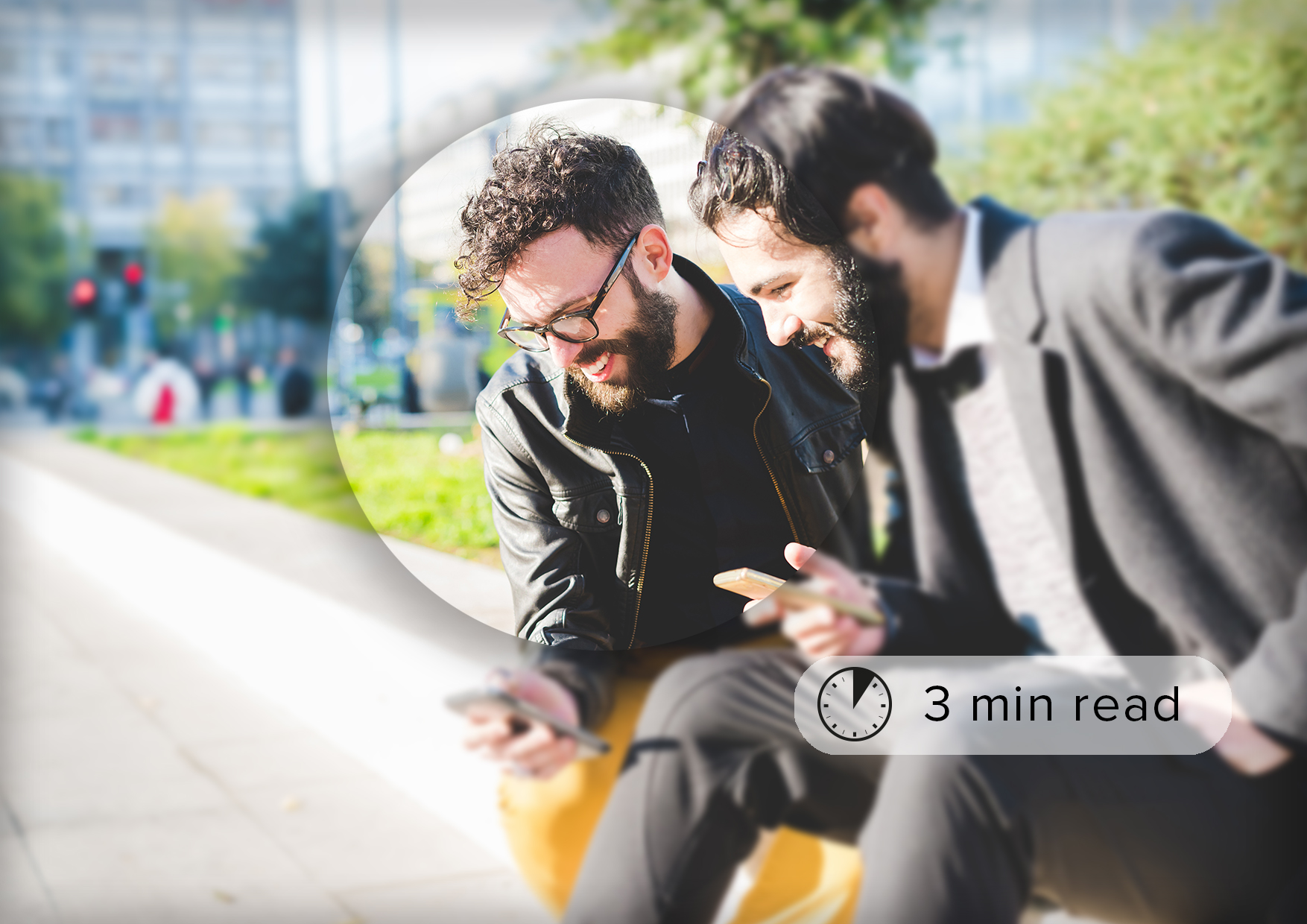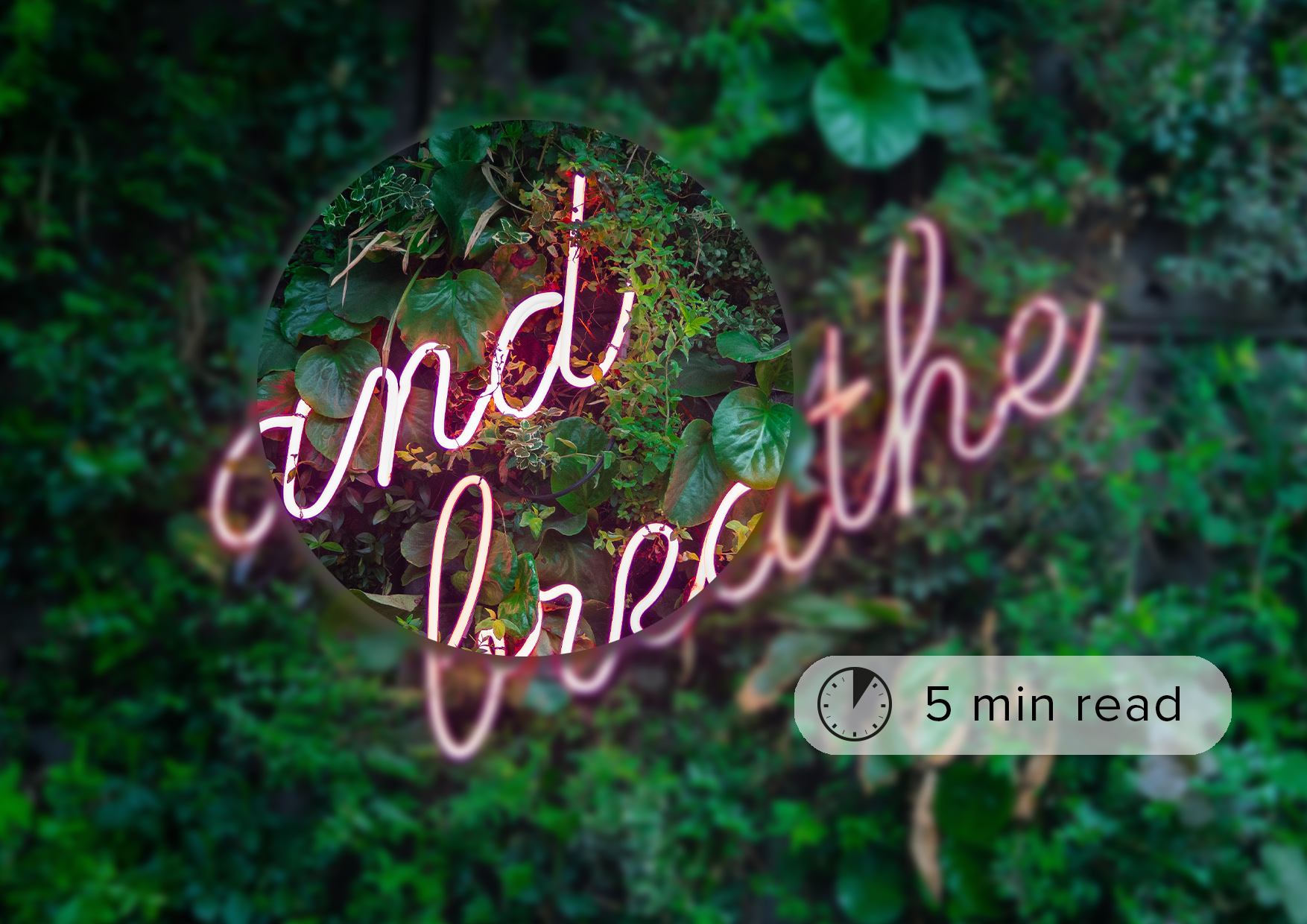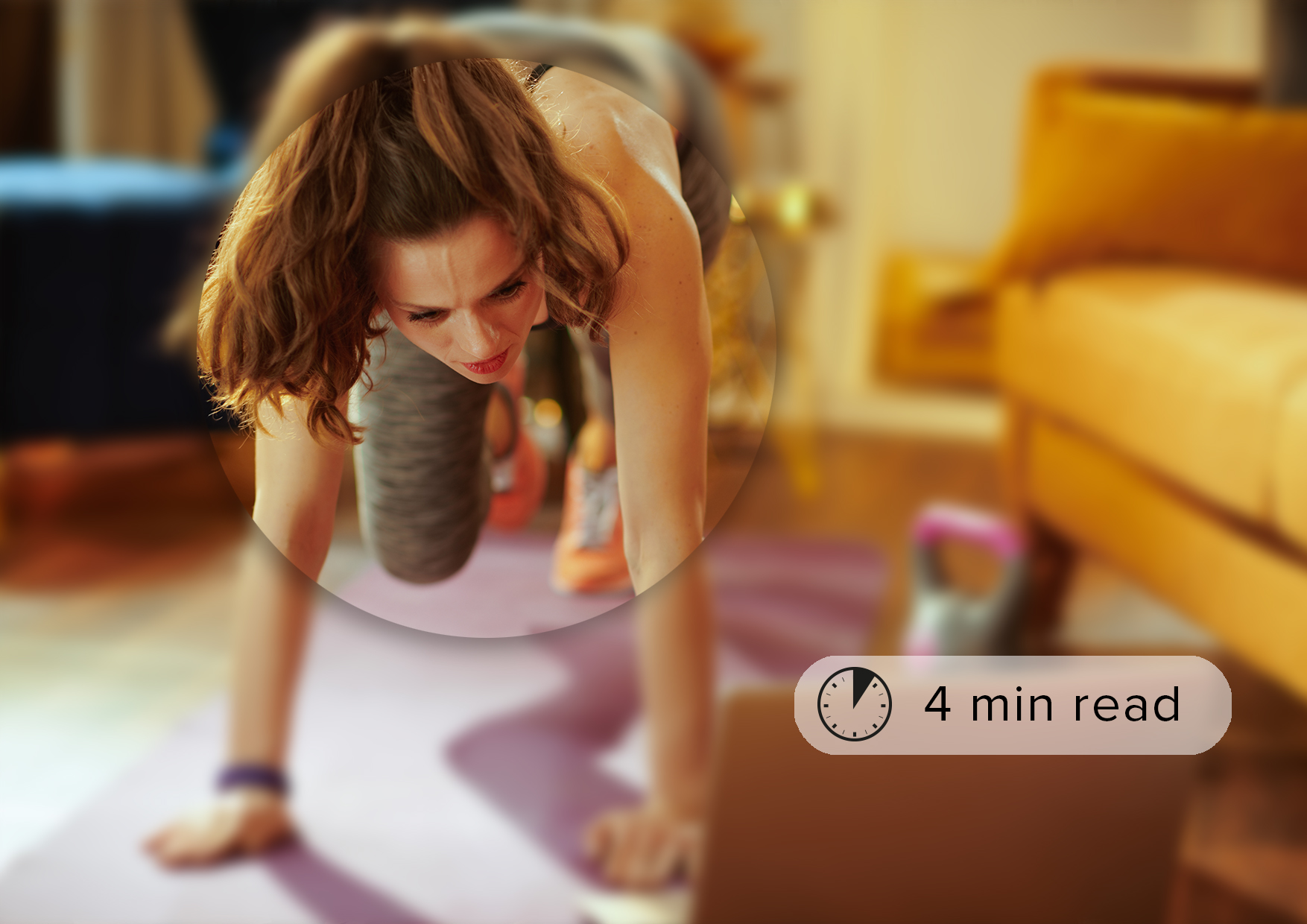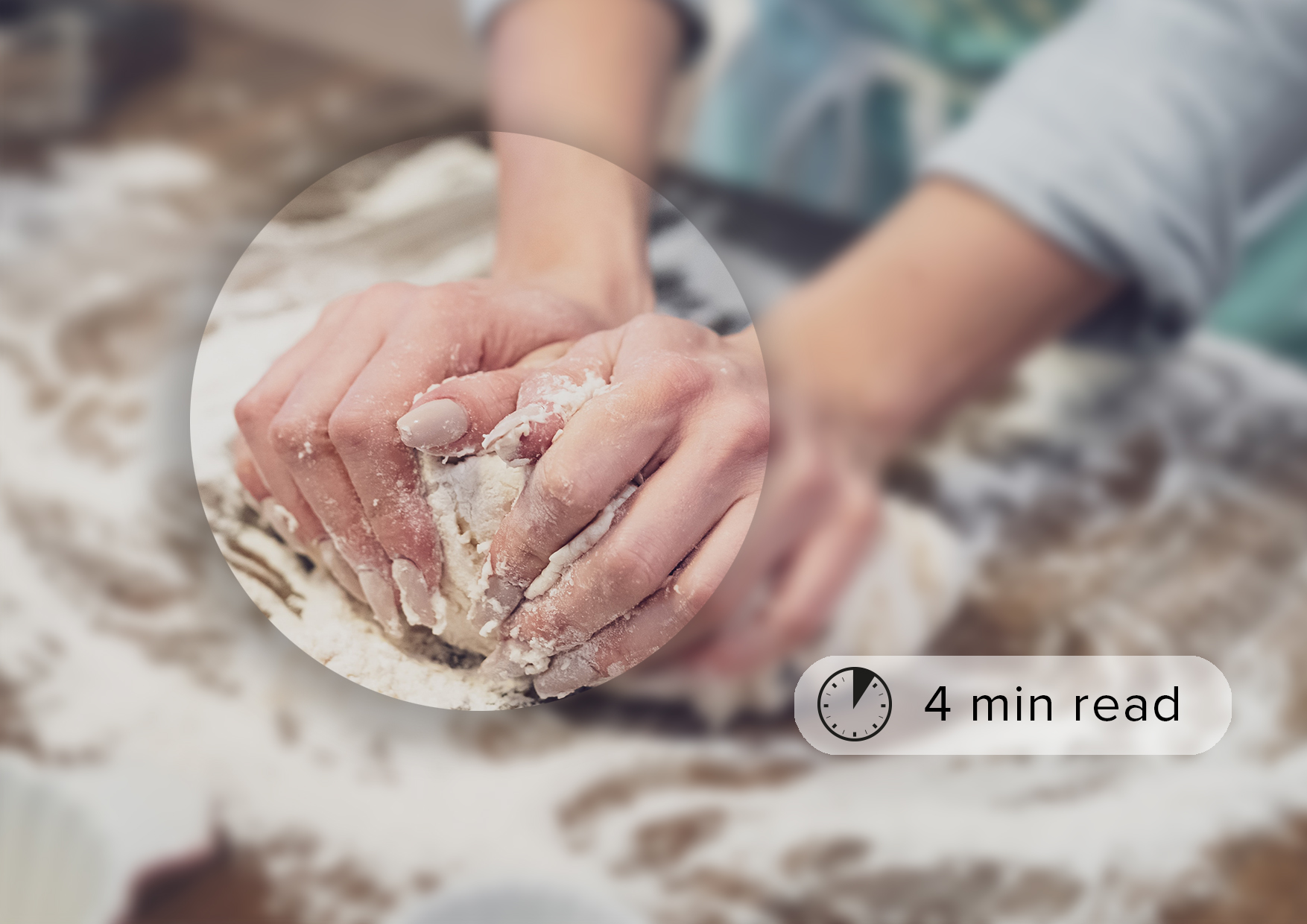Mindfulness, peace amongst the noise of mental health
Mental health issues can affect us all in some way or another – whether personally or because someone close to us has suffered. Unfortunately it still seems to be a taboo subject and is often not talked about openly, even though mental health awareness has been a subject rarely out of the news in recent times. This can lead to many of us suffering in silence, afraid to ask for help and often not knowing where to turn in times of need.
Having suffered from mental health issues myself, I understand the toll it takes both emotionally and physically, and not only on me, but on my loved ones too. My mind is often full of negative thoughts, worries spin constantly round my brain and sleep will evade me for days. The noise in my head can become overwhelming and there are days where I struggle to look after myself.
A friend recently introduced me to a simple mindfulness programme to help me cope when my anxiety threatens to overwhelm me. After some scepticism (I’m awful at trying new things), it has helped me to take some control and in general I feel calmer and more like myself again. I am not alone in finding this approach helpful – a study conducted by the Mental Health Foundation found that subjects who undertook a course of mindfulness reported:
- a 58% reduction in anxiety levels
- a 57% reduction in depression
- a 40% reduction in stress
Here are five tips to help you find some time for mindfulness in your life:
- Actively book some time in your calendar for yourself. You can practice mindfulness in as little as ten minutes and by scheduling this time in you are more likely to create a new habit you can keep.
- Find a quiet, cosy corner where you feel safe and relaxed – for me this is in my favourite armchair, surrounded by cushions.
- Find a programme that’s right for you. There are lots of great apps out there that make meditation and mindfulness easy, guiding you through your sessions so all you need to do is get comfy and press play. If you find sitting still hard, try a relaxing activity such as yoga which naturally encourages you to focus on your breathing, making mindfulness a more natural process. Or, take up a new hobby, such as knitting, sewing or baking – the repetitive actions act as a natural meditation.
- Don’t be hard on yourself. It’s no reflection on you if you don’t feel the benefits straight away. For me, mindfulness certainly didn’t come naturally and having suffered from anxiety for years it took time to really feel the benefits.
- Be kind to yourself. Even if you decide the above activities aren’t for you, make time for yourself at least weekly. Do things that bring you joy, whether that’s exercising, spending time with your loved ones or something as simple as taking a hot bubble bath.

